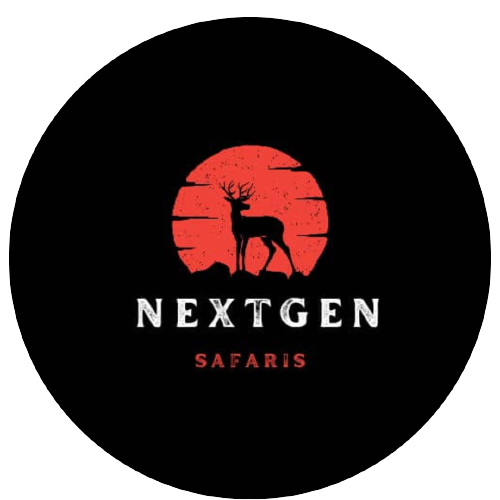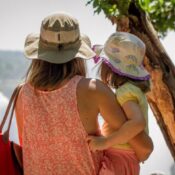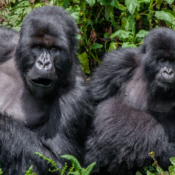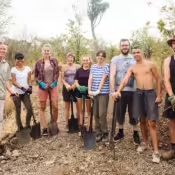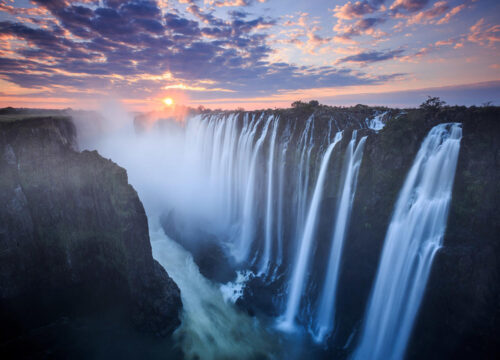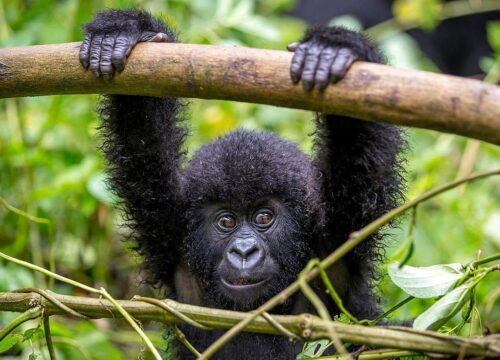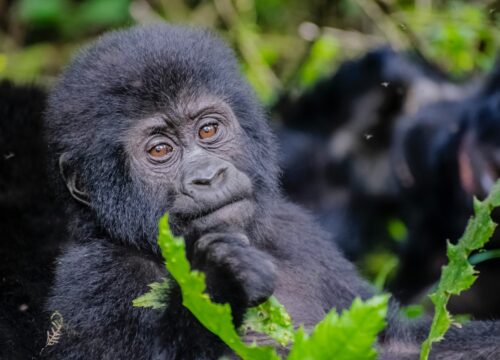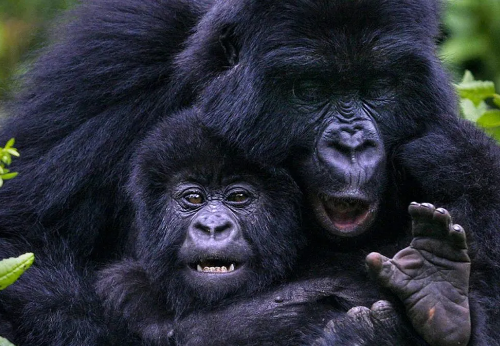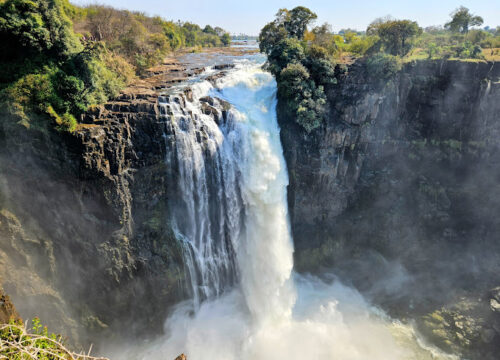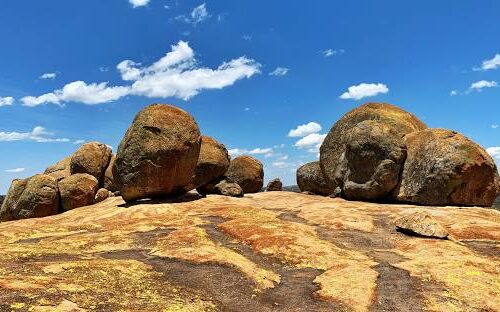The 5 Must See Endemic Species in Uganda

Endemic Species in Uganda
These stem from her natural demeanor, they wonderfully matched physical characteristics, and, most importantly, her adorable animals. From the moment you get off the plane at Entebbe International Airport, you have the impression that this region has been endowed with a special type of riches.
Uganda is undoubtedly the place of choice for your well-deserved holiday or safari, with its lush rural plains and historic steep ridged to free-flowing streams and friendly hospitable people. Join Kings Safaris as you visit incredible locations like as the Nile’s source, the Rwenzori Mountain range, and Lake Victoria, among many more. Uganda’s Endemic Species
When it comes to wildlife, Uganda is especially rich in a diverse range of animals and birds that serve as the highlight of many safaris. The diversity is mind-boggling, to the point that you will come across species that do not exist anyplace else on the planet.
So, when you plan your Uganda safari trips or wildlife safari here, make a point of seeing these rare animals that you may never see anywhere else.
Endemism Meaning
This is the state of a species only being found in a single defined geographic location, such as an island, state, nation, country or other defined zone; organisms that are indigenous to a place are not endemic to it if they are also found elsewhere. For example, the mountain gorilla is found exclusively in southwestern in Uganda and is therefore said to be endemic to that particular part of the world. An endemic species can also be referred to as an endemism or, in scientific literature, as an endemite.
The Mountain Gorillas

Uganda is home to almost half of the world’s population of endangered mountain gorillas. The Bwindi Impenetrable National Park and Mgahinga Gorilla National Park offer visitors the chance to embark on unforgettable gorilla trekking adventures. Trekkers hike through lush forests, accompanied by experienced guides, to observe these majestic creatures in their natural habitat. The experience of encountering a gorilla family in the wild is incredibly awe-inspiring and ranks among the top wildlife experiences globally.
FOX’S WEAVER
Fox’s weaver (Ploceus spekeoides) is a species of bird in the family Ploceidae. It is endemic to Uganda. Its natural habitats are moist savanna, subtropical or tropical seasonally wet or flooded lowland grassland, and swamps. It is threatened by habitat loss.
UGANDAN LOWLAND SHREW
The Ugandan lowland shrew (Crocidura selina) is a species of mammal in the family Suicide. It is found in Kenya and Uganda. Its natural habitats are subtropical or tropical swamps and subtropical or tropical moist montane forest. It is threatened by habitat loss
SCLEROPHRYS VITTATA
Sclerophrys vittata, also known as Degen’s toad, banded toad, or Lake Victoria toad, is a species of toad in the family Bufonidae. It is endemic to Uganda, where it is only known from Lira south to Entebbe and the Bwindi Impenetrable Forest. This species may possibly be found in Kenya and its range may even extend into Egypt, but the records from northern Egypt are generally regarded as belonging to S. kassasiisss.
MONTANE SHAGGY RAT
The montane shaggy rat (Dasymys montanus) is a species of rodent in the family Muridae. It is found in Uganda and possibly Democratic Republic of the Congo. Its natural habitats are subtropical or tropical moist montane forest, subtropical or tropical high-altitude grassland, and swampland. It is threatened by habitat loss. In terms of appearance it is of moderate size compared to others in its genus Dasymys, with dark grey long, fine, hair. It has a fairly short tail compared to its size (roughly 70% of its body’s size).
WHERE TO FIND UGANDA’S ENDEMIC SPECIES
Rwenzori mountains national park
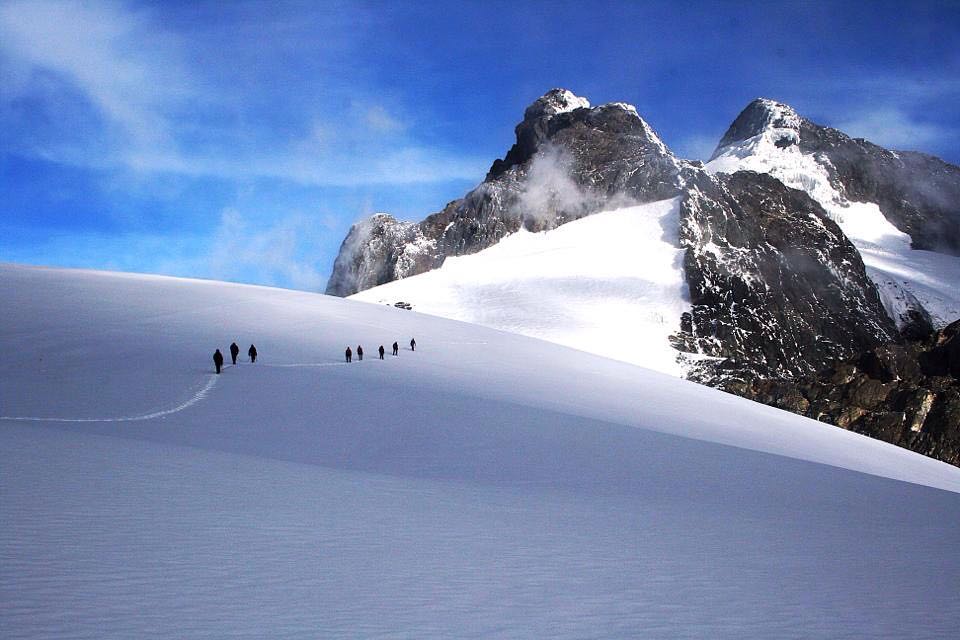
The Ruwenzori Mountain range, located in southern Uganda on the boundary of Uganda and the Democratic Republic of the Congo, is one of the most picturesque sites in Uganda. It has beautiful landscapes with montane, forest, and alpine vegetation. This mountain range’s valleys are replenished by pure streams, and its peaks are adorned with gleaming glaciers and snow.
The Rwenzori Mountains are ideal for observing Albert indigenous species, including birds like as the Rwenzori Turaco and Rwenzori Batis, as well as mammals such as the Rwenzori duiker and Rwenzori Shaggy rat. The natural woodlands provide an ideal environment for a wide variety of butterflies, reptiles, and vegetation.
Bwindi impenetrable forest national park.

This old woodland is one of the world’s most diversified. It is home to a diverse assortment of flora and animals, including the coveted Mountain Gorillas. The forest spreads throughout the DRC and is ideal for catching Albert unique species as well as a diverse assortment of birds.
Kibale forest national park

Because of its location within the Albertine rift, it is ideal for identifying a variety of endemics. The park also has a diverse primate population, including chimps and golden monkeys. On your wildlife excursion, you will also see some unusual plants, butterflies, and reptiles.
Mgahinga gorilla national park
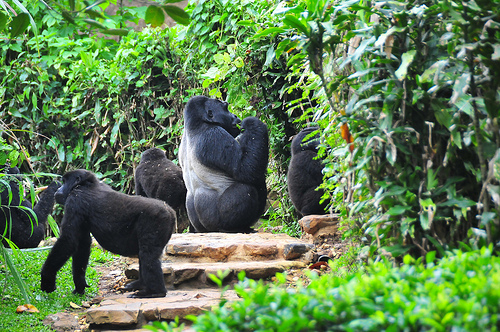
This park is Uganda’s only other place to see Mountain Gorillas. It is situated near the foothills of the Virunga Mountain range, which extends into the Democratic Republic of the Congo and Rwanda. The alpine forest here supports a variety of rare plants and fauna.
Kidepo valley national park
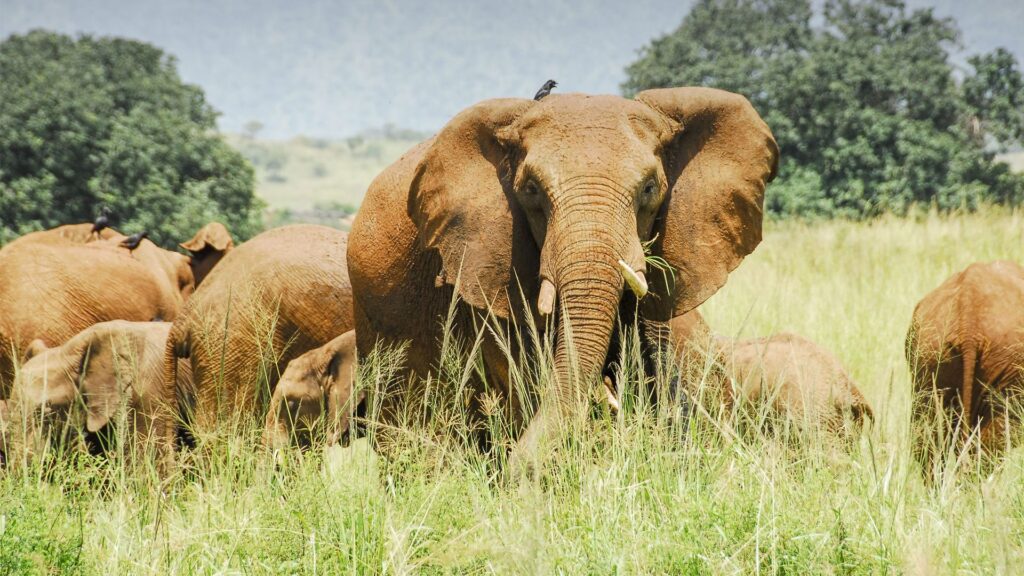
Kidepo Valley National Park, located in northern Uganda, is ideal for seeing rare animals. Several endemics, like the Karamoja Apalis, as well as numerous almost endemic species, may be found here. The park’s solitude also allows for quiet and leisurely trips.
-
INQUIRE NOW
GENERAL INFORMATION ON A UGANDA SAFARI
ENTRY REQUIREMENTS: All visitors to Uganda must have a valid passport with at least 4 consecutive blanks pages. Any applicable visa and/or relevant documentation are the responsibility of the traveller. For further information on Visa requirements visitors are advised to contact their nearest Uganda Embassy or Consulate.LANGUAGE: EnglishTIME: GMT +3VOLTAGE: 220 Volts/AC50Hz. Sockets are UK style, 3 pin square plugs. Power is from the government in the city/major towns and generator with inverter back up in the Safari Lodges and Camps.CURRENCY: Foreign currency must be changed at the Bank, Bureau de Change, and Hotel/Safari lodge/Camp/Resort. Major Credit Cards, Master card, Visa, American Express, are usually accepted throughout the country. Where credit cards are accepted, the payment will normally be recorded in US$ regardless of the card’s default currency.CLOTHING: Dress is mainly informal and should be comfortable as well as practical. Something warm should be brought along for early morning and evenings. Safari clothes are available from hotels/lodges/camps.BAGGAGE: Where possible, travel light. Baggage space on safari is limited to medium suitcase or soft bag per person plus reasonable amount of hand luggage. There is 15 Kilogram per person limit on all flights to the wildlife sanctuaries. Excess luggage must be stored in your arrival hotel.WATER: You will find many different of opinion of what is safe and what is not. We recommend for peace of mind, to drink local Bottled Mineral water. It is important to drink plenty of water especially during the hotter months. We would recommend that guests drink at least 2 to 3 liters of water per day to limit the effects of dehydration.HEALTH; East Africa is a safe and secure destination; however, it is a good idea to take a few precautions. Kindly consult your GP or local doctor at least 6 weeks before you travel, with regards: Malaria prophylactics. East Africa is a known malaria area and preventive measures are essential. You are advised to take one of the recommended anti-malarial drugs. Be sure to wear long sleeved shorts and trousers after sunset and spray the exposed parts of your body with a mosquito repellent spray Remember to protect yourself from direct sun rays with sunscreen cream or safari hat.DIETARY REQUIREMENTS: For those guests with specific dietary requirement, please ensure we are notified prior to travelGRATUITIES: As a guideline and dependent on how happy you are, we would suggest the following: The General Hotel/Lodge/Camp Staff – Approximately U$ 10.00 per person per day Driver Guides – Approximately US$ 15.00 to US$ 20.00 per person per day.PHOTOGRAPHY: Please be careful when photographing public buildings, airports, bridges, the national flag and people in uniform. Ensure that you have sought permission before photographing local people and their villages. If in doubt, please check with your guide.-
Book a Customized Safari
Read about
10 Things you Should NOT DO on an African Safari.
What to expect on a safari in Uganda.
Bwindi Impenetrable National Park
How to Choose the Best Tour Operate for Your Safari in Africa
12-Day Gorilla Tracking in Bwindi
Some of our Gorilla and wildlife Safaris
1 Day Jinja Ultimate tour Experience
1 Day White Water Rafting in Jinja
3 Days Bwindi Gorilla Habituation via Rwanda
3 Day Birding Safaris and Photography in Uganda
3 Day Safari to Queen Elizabeth National Park
3 Day fly in Gorilla Trekking Safari from Masai Mara
3 Day Grand Gorilla Trekking Safari
4 Day Chimpanzee and Gorilla Trekking Safari
-
Recent Posts
One-Way Trip from the UK to Victoria Falls
One-Way Trip from the UK to Uganda
Tours for Groups and Families at Victoria Falls
Conservation Programs for Local Wildlife at Victoria Falls
Quick booking process
+256781282344
+256755922154
